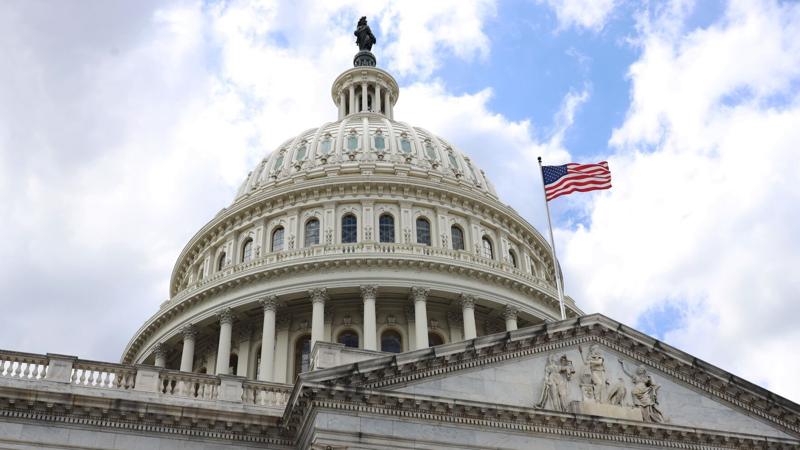The GOP posted early gains in the U.S. House and Senate on Tuesday night that could significantly reshape the balance of power in Washington.
Republicans were positioned to control the U.S. Senate after winning formerly blue seats in West Virginia and Ohio. And the party flipped four House seats for a net gain of two in the lower chamber.
If former President Donald Trump retakes the White House, the party’s ability to get legislation passed could improve.
In West Virginia, Republican Jim Justice gave the party its first gain of the night. Justice won the seat held by retiring Independent Sen. Joe Manchin, a Democrat until he left the party earlier this year to become an independent.
In Ohio, Cleveland car dealer Bernie Moreno ended Democratic U.S. Sen. Sherrod Brown’s nearly two decades in the Senate in the nation’s most expensive Senate race in history.
The Senate victories would put Republicans in the majority (51-49) in the federal government’s upper legislative chamber. If Republicans win control, it would end a Democratic majority for the first time in four years.
In the Senate, 33 seats were up for election. That included 19 seats held by Democrats and 10 seats held by Republicans. The remaining four seats are held by Independents who lean Democrat, namely Sens. Kyrsten Sinema, Bernie Sanders, Angus King and Manchin.
Who will serve as the next Senate majority leader is unclear. Republican leader Mitch McConnell announced that he would step down earlier this year.
In the House, Republicans had 188 seats compared to Democrats 156 as of 12:45 a.m. eastern Wednesday. A party needs 218 seats to control the House. It remained unclear which party would take control.
Credit-rating agency Moody’s said a one-party sweep could pose more credit challenges than a divided Congress.
“The balance of power in Congress will play a crucial role in the incoming administration’s ability to amend or introduce laws,” according to the Moody’s report. “A divided Congress would likely hinder significant legislative achievements, leaving the administration to attempt smaller, sector-specific adjustments. Conversely, a sweep by either party could pave the way for substantial policy changes. Thus, credit effects post elections will depend on whether policies that necessitate legislative action are passed by Congress or enacted through executive orders by the president.”







